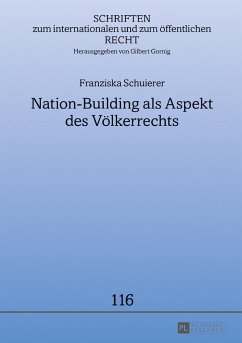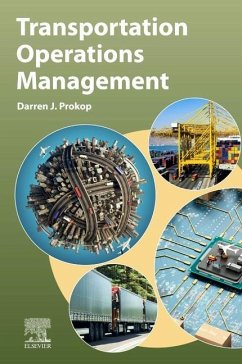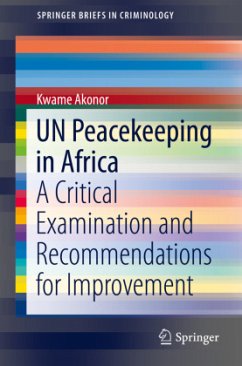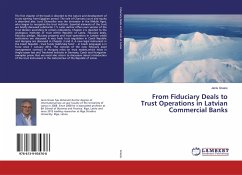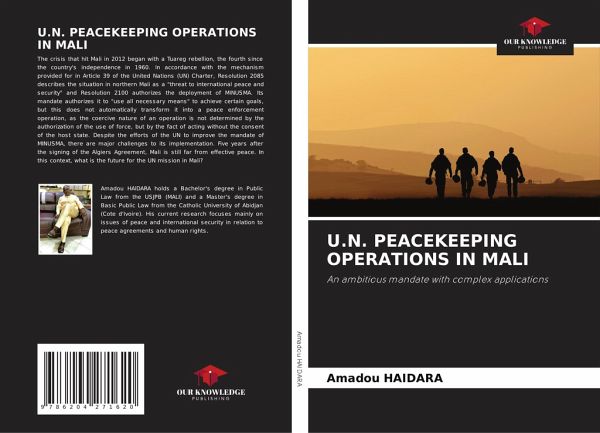
U.N. PEACEKEEPING OPERATIONS IN MALI
An ambitious mandate with complex applications
Versandkostenfrei!
Versandfertig in 6-10 Tagen
47,99 €
inkl. MwSt.

PAYBACK Punkte
24 °P sammeln!
The crisis that hit Mali in 2012 began with a Tuareg rebellion, the fourth since the country's independence in 1960. In accordance with the mechanism provided for in Article 39 of the United Nations (UN) Charter, Resolution 2085 describes the situation in northern Mali as a "threat to international peace and security" and Resolution 2100 authorizes the deployment of MINUSMA. Its mandate authorizes it to "use all necessary means" to achieve certain goals, but this does not automatically transform it into a peace enforcement operation, as the coercive nature of an operation is not determined by ...
The crisis that hit Mali in 2012 began with a Tuareg rebellion, the fourth since the country's independence in 1960. In accordance with the mechanism provided for in Article 39 of the United Nations (UN) Charter, Resolution 2085 describes the situation in northern Mali as a "threat to international peace and security" and Resolution 2100 authorizes the deployment of MINUSMA. Its mandate authorizes it to "use all necessary means" to achieve certain goals, but this does not automatically transform it into a peace enforcement operation, as the coercive nature of an operation is not determined by the authorization of the use of force, but by the fact of acting without the consent of the host state. Despite the efforts of the UN to improve the mandate of MINUSMA, there are major challenges to its implementation. Five years after the signing of the Algiers Agreement, Mali is still far from effective peace. In this context, what is the future for the UN mission in Mali?









